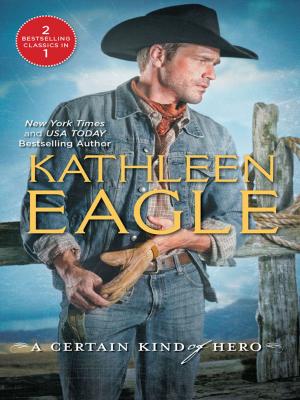| Author: | Andy Adams | ISBN: | 1230000108525 |
| Publisher: | Ranumas | Publication: | February 20, 2013 |
| Imprint: | Language: | English |
| Author: | Andy Adams |
| ISBN: | 1230000108525 |
| Publisher: | Ranumas |
| Publication: | February 20, 2013 |
| Imprint: | |
| Language: | English |
I can truthfully say that my entire life has been spent with cattle. Even during my four years' service in the Confederate army, the greater portion was spent with the commissary department, in charge of its beef supplies. I was wounded early in the second year of the war and disabled as a soldier, but rather than remain at home I accepted a menial position under a quartermaster. Those were strenuous times. During Lee's invasion of Pennsylvania we followed in the wake of the army with over a thousand cattle, and after Gettysburg we led the retreat with double that number. Near the close of the war we frequently had no cattle to hold, and I became little more than a camp-follower.
I was born in the Shenandoah Valley, northern Virginia, May 3, 1840. My father was a thrifty planter and stockman, owned a few slaves, and as early as I can remember fed cattle every winter for the eastern markets. Grandfather Anthony, who died before I was born, was a Scotchman who had emigrated to the Old Dominion at an early day, and acquired several large tracts of land on an affluent of the Shenandoah. On my paternal side I never knew any of my ancestors, but have good cause to believe they were adventurers. My mother's maiden name was Reed; she was of a gentle family, who were able to trace their forbears beyond the colonial days, even to the gentry of England. Generations of good birth were reflected in my mother; and across a rough and eventful life I can distinctly remember the refinement of her manners, her courtesy to guests, her kindness to child and slave.
I can truthfully say that my entire life has been spent with cattle. Even during my four years' service in the Confederate army, the greater portion was spent with the commissary department, in charge of its beef supplies. I was wounded early in the second year of the war and disabled as a soldier, but rather than remain at home I accepted a menial position under a quartermaster. Those were strenuous times. During Lee's invasion of Pennsylvania we followed in the wake of the army with over a thousand cattle, and after Gettysburg we led the retreat with double that number. Near the close of the war we frequently had no cattle to hold, and I became little more than a camp-follower.
I was born in the Shenandoah Valley, northern Virginia, May 3, 1840. My father was a thrifty planter and stockman, owned a few slaves, and as early as I can remember fed cattle every winter for the eastern markets. Grandfather Anthony, who died before I was born, was a Scotchman who had emigrated to the Old Dominion at an early day, and acquired several large tracts of land on an affluent of the Shenandoah. On my paternal side I never knew any of my ancestors, but have good cause to believe they were adventurers. My mother's maiden name was Reed; she was of a gentle family, who were able to trace their forbears beyond the colonial days, even to the gentry of England. Generations of good birth were reflected in my mother; and across a rough and eventful life I can distinctly remember the refinement of her manners, her courtesy to guests, her kindness to child and slave.















